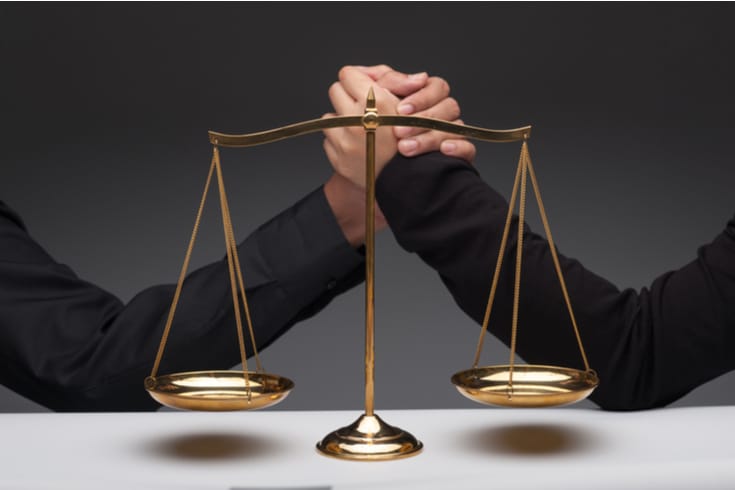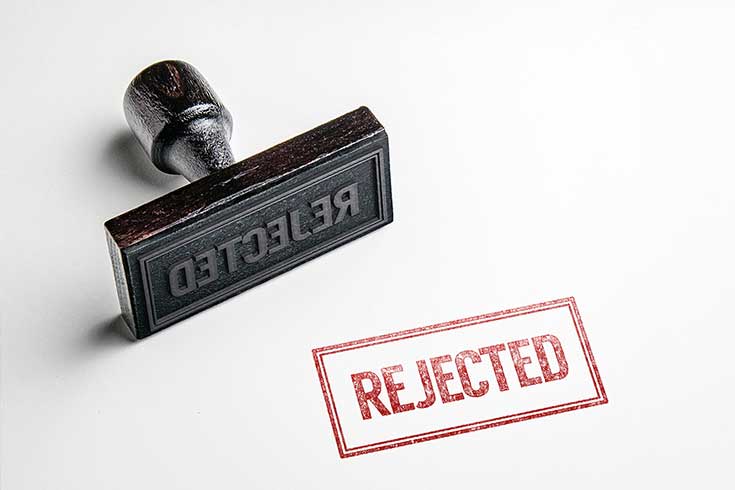Legal Liability for Videos that Infringe on Privacy on YouTube

On YouTube, videos of various genres are posted, and sometimes these may involve other people’s privacy.
Privacy refers to the legal protection and rights not to have matters of personal life unduly exposed. As we usually do not see much of other people’s privacy, videos related to privacy can sometimes gain a large number of views.
When video uploaders post videos about their own privacy, there are usually no issues. However, when videos involving other people’s privacy are posted, various problems can arise.
In some cases, you may be claimed for damages based on tort law, on the grounds of privacy infringement, by others who assert that their privacy has been violated.
In this article, we will explain videos that constitute privacy infringement on YouTube and their legal responsibilities.
https://monolith.law/reputation/youtube-movie-privacy-personal-information[ja]
About Videos Infringing Privacy on YouTube
Firstly, we will introduce YouTube’s policy towards videos that infringe on privacy. Following that, we will explain the criteria for YouTube to remove videos that violate privacy and whether they can be monetized.
YouTube’s Policy on Videos Infringing Privacy

YouTube has a strict policy against videos that infringe on privacy, and has published the “YouTube Privacy Guidelines”.
The “YouTube Privacy Guidelines” stipulate as follows, and YouTube regulates a wider range of videos infringing on privacy than the law does.
Even if a video is not a problem under the laws of your country, it may violate the YouTube Privacy Guidelines.
YouTube Privacy Guidelines
What Kind of Videos are Removed for Privacy Violation
YouTube’s Criteria for Removing Videos on the Grounds of Privacy Violation
As a video uploader, you may wonder what kind of videos could be removed from YouTube for violating privacy.
Therefore, we will introduce the criteria for removing videos due to privacy violations as stated in the “YouTube Privacy Guidelines”.
Content that uniquely identifies an individual, such as facial photos, voice, full name, government-issued personal numbers, bank account numbers, contact information (e.g., home address, email address), etc., will be subject to removal. In addition, public interest and news value are also considered when deciding whether to remove a video for privacy violation. YouTube reserves the right to make the final decision on whether a violation of the Privacy Guidelines has occurred.
https://support.google.com/youtube/answer/7671399[ja]
What does “uniquely identifiable” mean?
Uniquely identifiable means that the video contains enough information for someone else to identify the individual. Please note that just being able to identify the individual in the video does not mean they are uniquely identifiable. For example, if only the first name is included without any other information, or if the person is only briefly shown, it cannot be said to be uniquely identifiable.
From the above criteria, it is clear that on YouTube, content that uniquely identifies an individual is subject to removal as a video that violates privacy.
And “uniquely identifiable” means that the video contains enough information for someone else to identify the individual. From this, even if other people appear in the video or talk about other people on YouTube, if the person in question cannot be identified, it is not considered a privacy violation. However, if the individual can be identified, it will be subject to removal.
So, what about the following case?
For example, suppose a certain uploader posts a video on YouTube about an affair between a celebrity named Taro Tanaka and a model named Hanako Yamada. In this case, it could be considered for removal as it falls under the “content that uniquely identifies an individual” in the YouTube Privacy Guidelines. However, whether or not to remove it will also take into account “public interest and news value”. Therefore, if the content of the video is about celebrities and is judged by YouTube to have public interest and news value, there is a possibility that it will not be removed.
Whether or not a video is removed is ultimately up to YouTube’s discretion. Therefore, it is prudent to assume that content that uniquely identifies an individual may be removed at YouTube’s discretion.
https://monolith.law/reputation/infringement-portrait-rights-and-privacy-rights-on-youtube[ja]
Can Videos Involving Privacy Be Monetized?

Videos that infringe on privacy, as mentioned earlier, will be removed from YouTube, so the issue of monetization does not arise.
However, it is conceivable that there are videos that involve someone’s privacy but do not necessarily infringe on individual privacy.
Therefore, in the following, we will explain whether videos involving privacy can be monetized.
Monetization Standards on YouTube
There are several ways to earn revenue on YouTube, such as advertising revenue, channel membership, merchandise shelf, Super Chat and Super Stickers, and YouTube Premium revenue. In relation to videos involving privacy, we will explain about the method of advertising revenue.
First, in the “Guidelines for Ad-Suitable Content” (https://support.google.com/youtube/answer/6162278[ja]), the following contents are listed as unsuitable for advertising:
- Inappropriate expressions
- Violence
- Adult content
- Harmful or dangerous acts
- Discriminatory content
- Flaming, insulting
- Content related to dangerous drugs or substances
- Content related to tobacco
- Content related to firearms
- Controversial issues or delicate events
- Adult themes included in family content
Among the above contents, the one that could be problematic in relation to videos involving privacy is “flaming, insulting” content.
Specifically, this includes “content focused on humiliating or insulting individuals or groups”, “content that slanders or defames individuals by name”, “content that suggests that a tragic event did not actually occur, or hints that the victims or their families are actually actors, or are complicit in covering up the event”, or “malicious attacks, slander, or defamation against individuals”.
When posting videos about individual privacy, there may be acts of insulting or defaming specific individuals, so in order to monetize the video, you need to be careful not to infringe on individual privacy, and even if you do not infringe on individual privacy, you need to be careful not to fall under the content listed above.
Legal Liability Arising from Posting Privacy-Infringing Videos on YouTube

If you post a video on YouTube that infringes on an individual’s privacy, you may be liable for damages based on the tort of privacy infringement.
Article 709 of the Japanese Civil Code stipulates the following about torts:
(Damages for Tort)
Article 709 of the Japanese Civil Code
A person who intentionally or negligently infringes the rights of another person or interests protected by law shall be liable to compensate for the damage caused by this.
From the above provision, it can be inferred that if you post a video on YouTube that infringes on someone else’s privacy, you may be liable for damages based on the tort of privacy infringement.
https://monolith.law/reputation/demand-for-solatium-for-invasion-of-privacy[ja]
Summary
We have explained the legal responsibilities associated with videos that infringe on privacy on YouTube.
Firstly, it is crucial to understand the measures that YouTube will take if you post a video that infringes on someone else’s privacy. It is also important to understand the criteria by which a video is judged to be infringing on someone else’s privacy.
Next, it is necessary to understand the legal responsibilities that arise when you post a video on YouTube that infringes on someone else’s privacy. In relation to YouTube, the video may simply be deleted, but in terms of the law, you may be liable for damages. Both the person whose privacy has been violated and the person who violated the privacy can become embroiled in trouble, so those who post videos on YouTube need to be careful not to infringe on the privacy of others.
For videos on YouTube that infringe on privacy and their legal responsibilities, legal knowledge and professional judgment are required. Therefore, those who are posting videos on YouTube or considering doing so should consult a law firm.
Furthermore, in order to claim damages from the uploader who posted the privacy-infringing video, it is necessary to identify the person who posted the privacy-infringing video on YouTube. Therefore, you must first request the disclosure of sender information from YouTube LLC, the operating company of YouTube. YouTube LLC is a limited liability company established under the laws of the State of Delaware, United States. The representative of YouTube LLC is Google LLC, which is also a limited liability company established under the laws of the State of Delaware, United States. When requesting the disclosure of sender information from such foreign corporations, it is necessary to obtain documents such as certificates of qualification, and translations into English may be required. Therefore, please be aware that there will be actual expenses for this.
Category: Internet





















